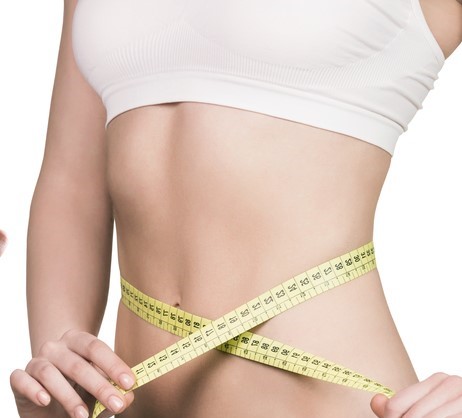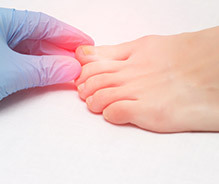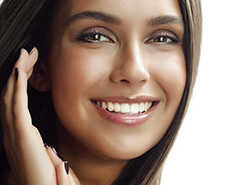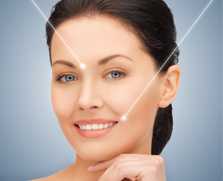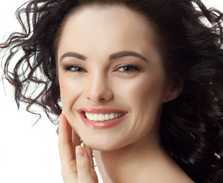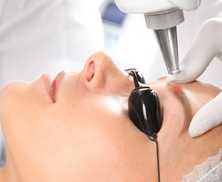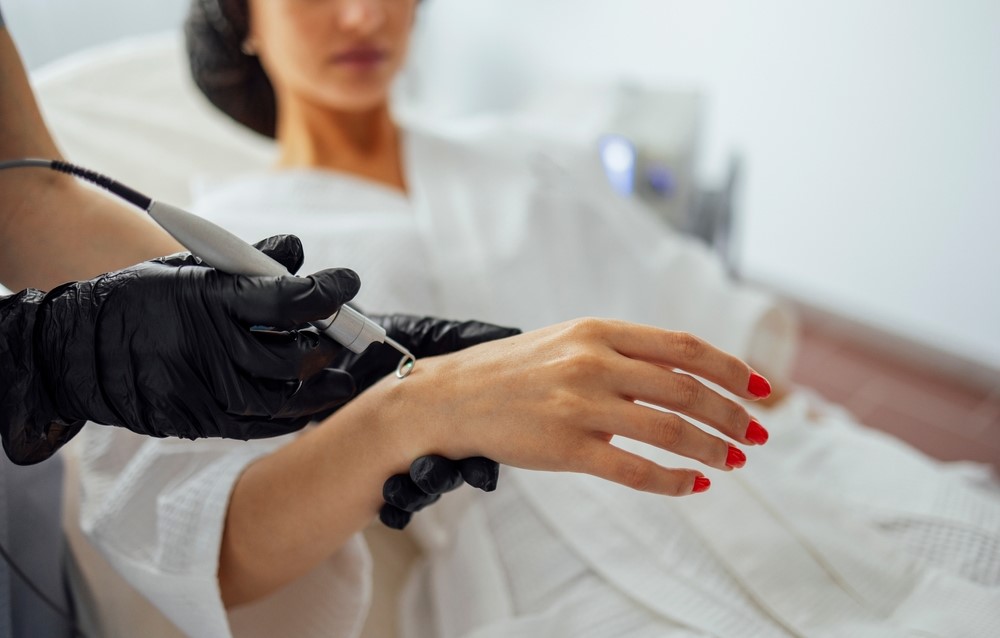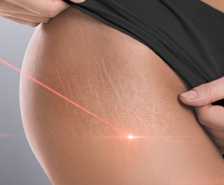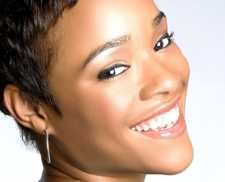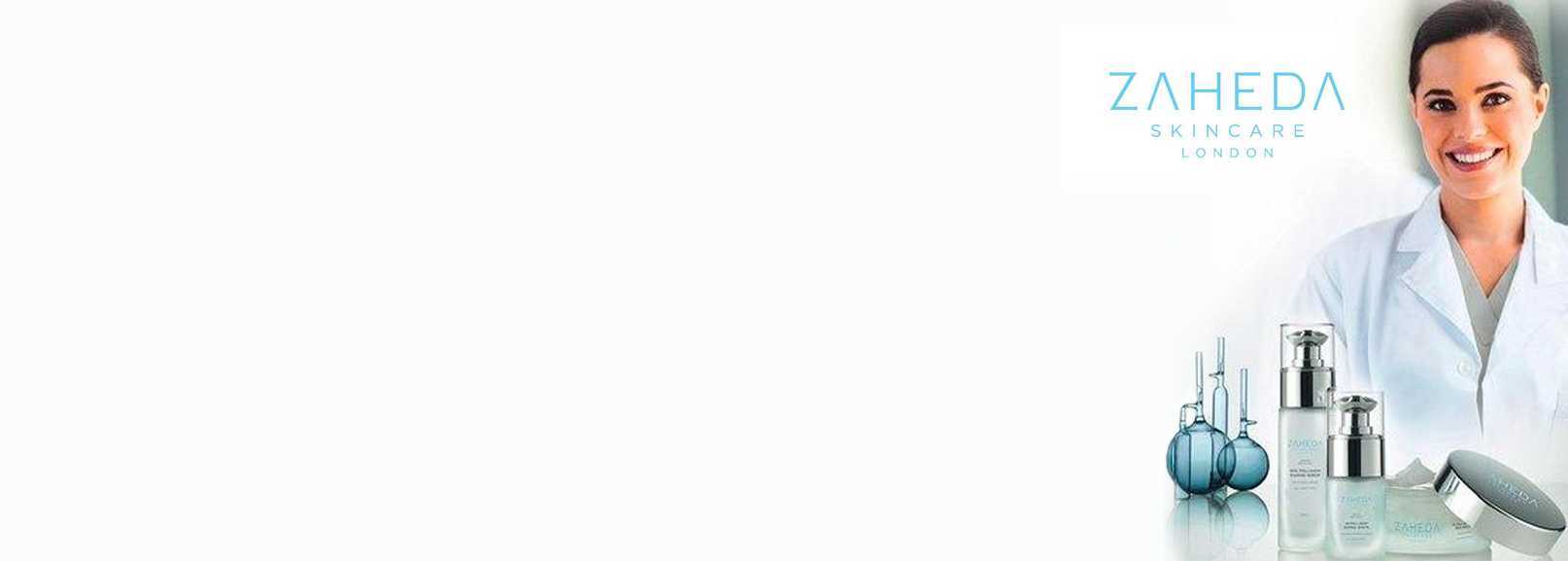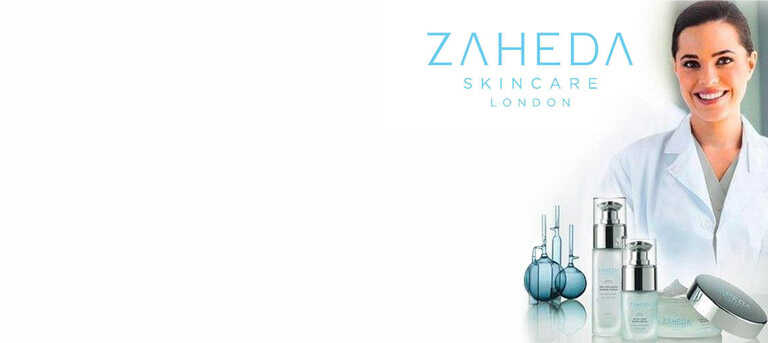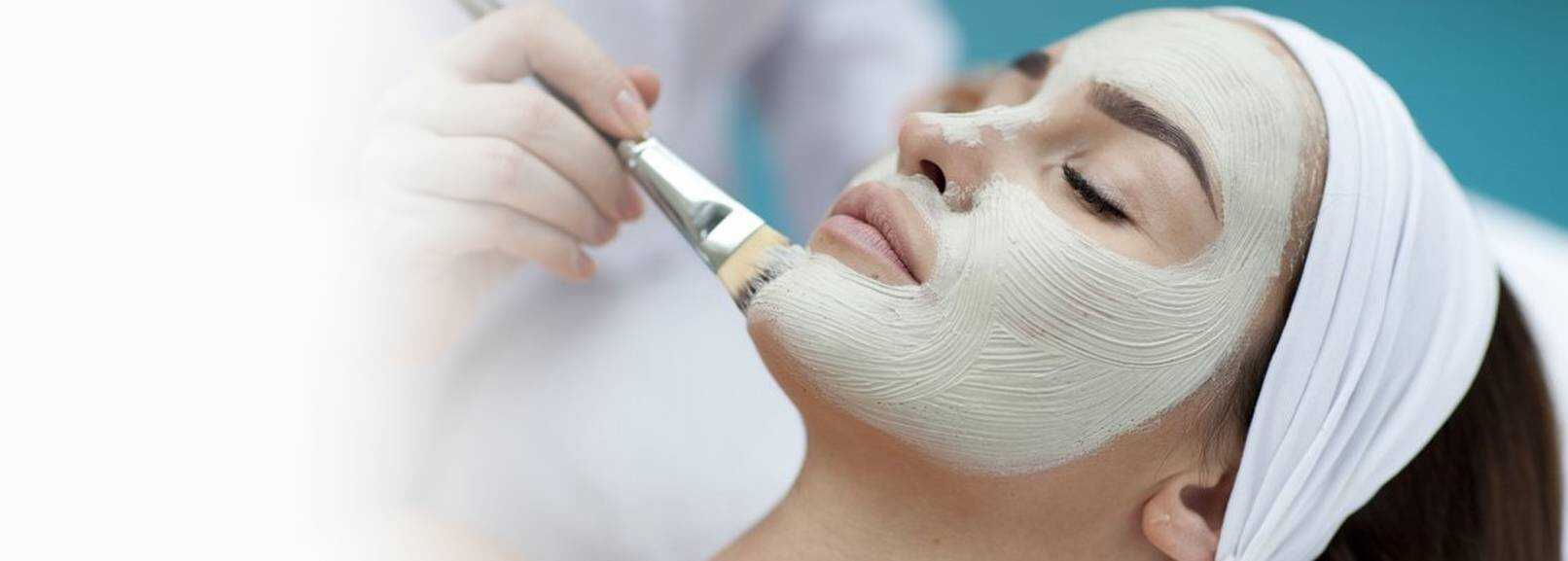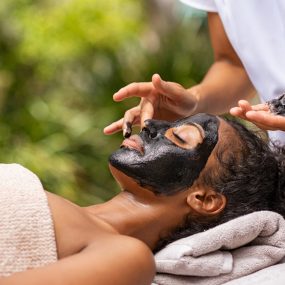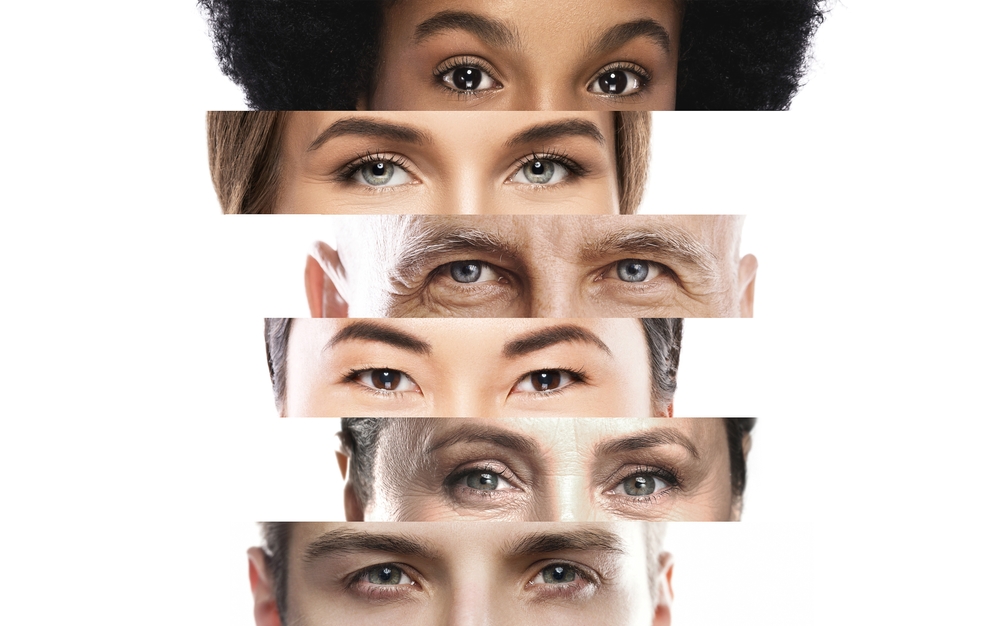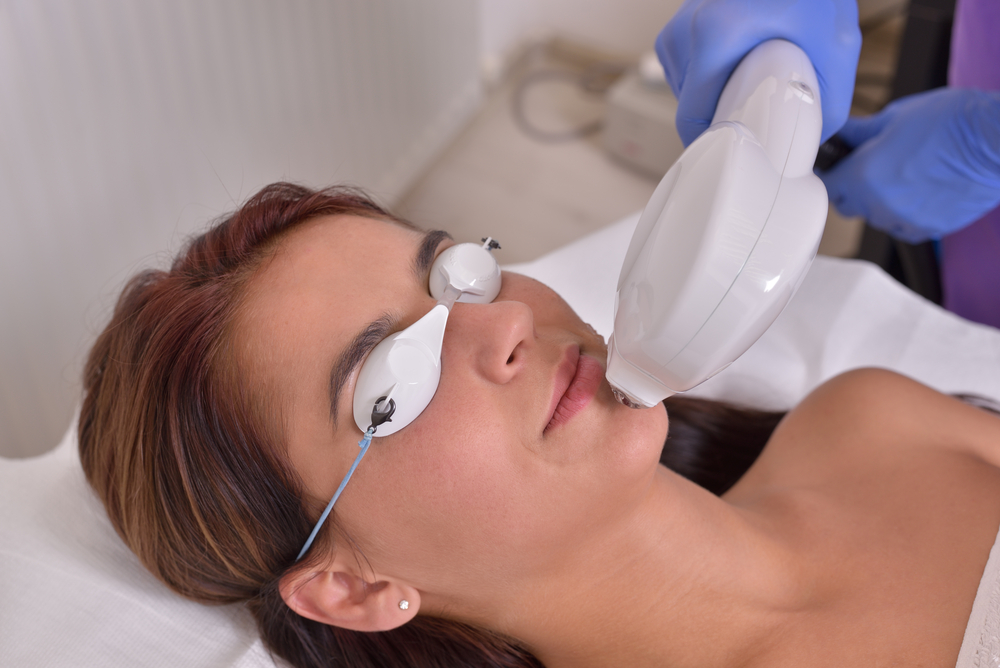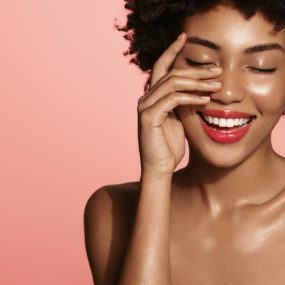Similarities and differences can be drawn between adult acne and teenage acne on both a biological and psychological level. Impact Of Acne On Everyday Interactions And Lifestyle
First, acne is caused by the release of excess sebum (an oily substance from the sebaceous gland). The sebum coupled with dead skin cells clogs the pores and encourages bacteria to reproduce. This causes an inflammatory response and acne occurs. This biological process of acne occurs identically at any age. However, the physical patterns of acne do differ across the ages. In preteens, blackheads and congestion typically affects the upper part of the face, across the forehead and nose regions. Moving through the teen years, the pimples emerge and the acne spreads across the T-zone area (the forehead, cheeks and chin). In adulthood, the characteristics of acne may develop into a cystic form commonly found on the lower part of the face, with surrounding areas of erythema (redness) and rosacea. However, although uncommon, all types of acne can and do still occur at any age.
Adolescence is a time when peer acceptance and likeability contribute to the making of a person’s self-esteem, both of which are correlated with physical attractiveness. Having smooth, youthful and clear skin is an evolutionary sign of physical fitness and plays an indirect role in facilitating relationships and bonds. Smooth, youthful and clear skin is associated with an increased level of attractiveness and social ranking.
Teenagers with acne may retreat within and avoid eye contact, cover their face with long hair or hats, or mask their skin with layers of makeup. They may be criticised and name called leading to exclusion from specific social groups and refusal to go to school.Thus, resulting in poor academic performance and future prospects.
Adults who develop acne at a later stage, having been free of acne in their teenage years may also experience similar psychological issues. They may refuse to go to work and this will in turn effect their position within the company, promoting a lazy outward perception to their work colleagues. Self-esteem levels will drop and often they are ridiculed for having too much self-interest and over-reacting to their ‘acne’ problem. Some adults and teenagers with acne may experience very little acne but this is often enough to cause distress and depression.
Body image is a concern from a young age and continues throughout our life so the effects of acne on our psyche persist even with age. An acne sufferer does not ‘get use to’ his/her acne but continues to fight the battle for clear skin and confidence everyday. Additionally, acne does not discriminate between celebrities and non celebrities. Being famous does not exempt you from acne. Celebrities such as Cameron Diaz, Alicia keys and Victoria Beckham all suffer from acne. With the advent of laser treatments and focused skin care ranges, acne sufferers are able to control breakouts. Fortunately, modern laser technology is not unique to the everyday lives of the rich and famous but is now financially affordable and readily accessible so even non-celebrities can say hello to clear and beautiful skin.
The Laser Treatment Clinic Advanced IPL system has achieved excellent results for thousands of happy clients over the years, as active acne responds extremely well to the IPL treatment.
Written by: Sophie Hafez


